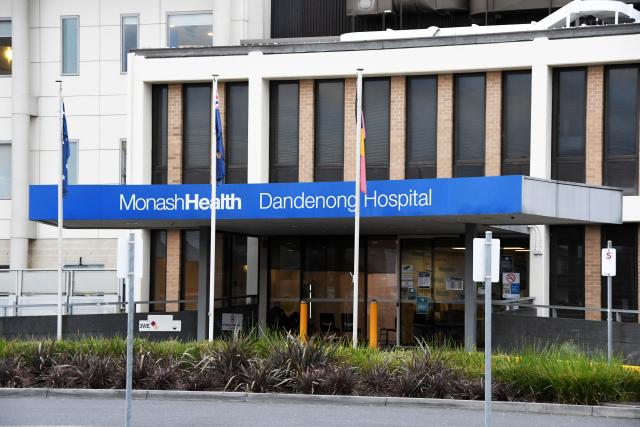
People with mental health issues are facing staggering wait times at hospital emergency departments across Victoria, with Dandenong Hospital recording the lowest transfer rate to mental health beds in the state. According to the Victorian Agency for Health Information, only 4% of adult patients were transferred from the emergency department to a mental health bed within eight hours during April-June 2025. This figure is significantly below the statewide average of 44%.
The announcement comes as calls intensify for increased community support to alleviate the growing number of mental health patients turning to hospital emergency departments (EDs) as their only option. The Mental Illness Fellowship of Australia (MIFA) reports that 460,000 people lack access to essential community support, a number they warn will continue to rise.
Community Support as a Solution
The lack of alternatives other than general practitioner referrals has prompted MIFA’s CEO, Tony Stevenson, to urge state and federal governments to collaborate on funding and providing psychosocial support services, particularly in Greater Dandenong. Stevenson emphasizes that community mental health organizations are prepared to implement these services if funding becomes available.
“Psychosocial support services can support people to stay well and live safely and independently in their community. This will reduce or prevent unnecessary hospital admissions,” Stevenson stated.
These services, delivered by trained support workers, aim to fill the gap by offering community mental health services directly in the patient’s home, facilitating independent living through support in areas such as housing, employment, and social inclusion.
Personal Stories Highlight the Crisis
Noelene, a Greater Dandenong resident, recounts the distressing experience of waiting up to 12 hours in the Dandenong Hospital ED for her daughter, who suffers from severe mental health conditions. She notes that the wait times exacerbate anxiety, although her daughter now benefits from the National Disability Insurance Scheme (NDIS), which has significantly reduced her need for emergency department visits.
Meanwhile, a report by the Australian Medical Association (AMA) last year highlighted the broader crisis within the mental health system. The ‘Public Hospital Report Card: Mental Health Edition’ found that patients spent an average of seven hours in EDs before admission in 2022-2023. The report also noted that mental health wards are experiencing “record high waiting times and record low per-person bed capacity,” with only 27 beds per 100,000 Australians, the lowest on record.
Ten percent of patients spent more than 23 hours waiting for admission, the report found.
Advocacy and Future Steps
On World Mental Health Day, October 10, MIFA advocated for stronger connections between communities and individuals facing mental health challenges. The organization underscores the importance of community-based solutions to relieve the pressure on public hospitals and improve patient outcomes.
Monash Health, which operates Dandenong Hospital, was contacted for comment but has yet to respond. As the debate continues, the focus remains on how best to address the urgent needs of mental health patients and reduce the burden on emergency services.
The move represents a critical juncture in mental health care, with stakeholders urging swift action to implement community support systems that can provide timely and effective care outside of hospital settings.







